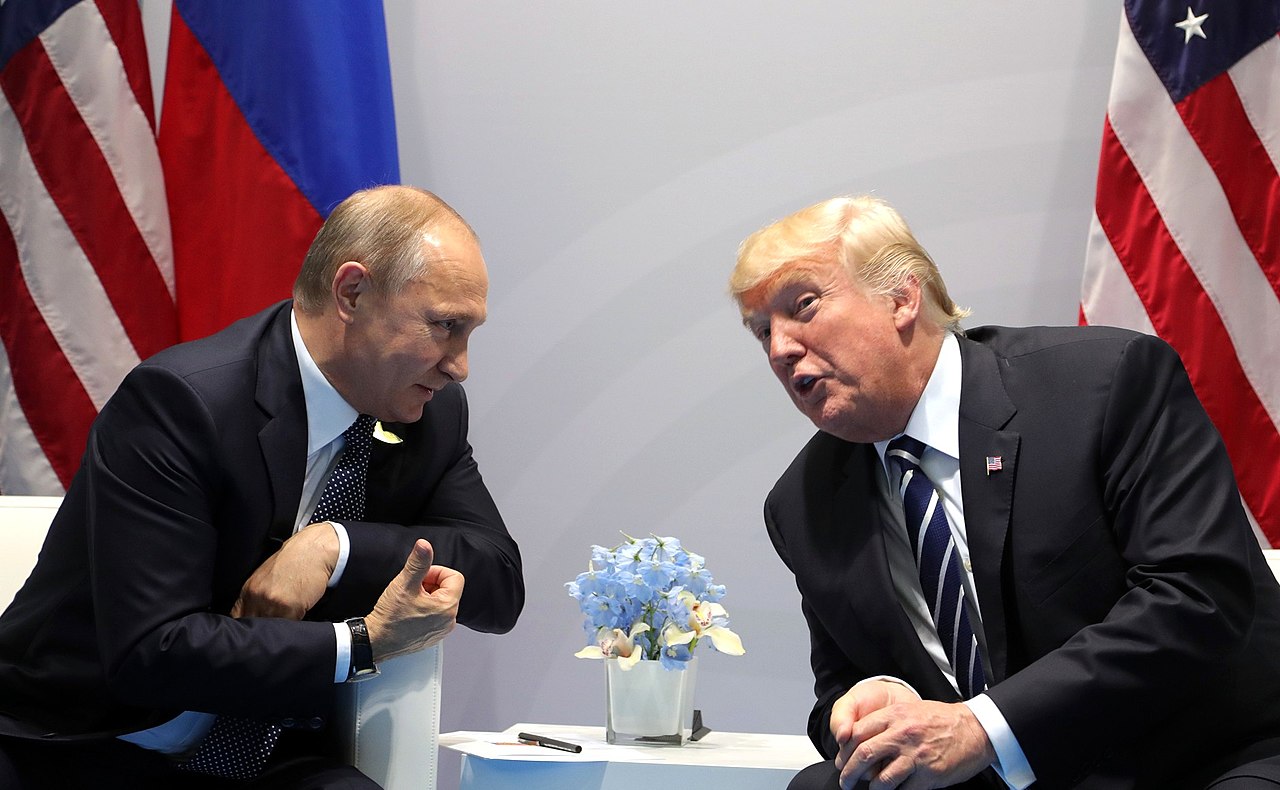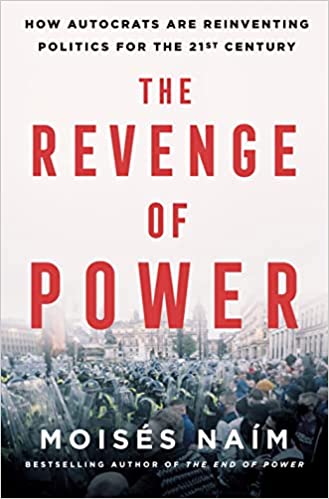
Who is endangering democracy?
Venezuelan economist and journalist Moisés Naim recently published 'The Revenge of Power.'
Moisés Naím, born in Tripoli, Libya, on July 5, 1952, knows international politics.
A renowned Venezuelan economist and journalist, he was the former Minister of Trade and Industry for Venezuela, Director of its Central Bank, and Executive Director of the World Bank. In 1993, Naím joined the Carnegie Endowment for International Peace, a think tank in Washington, and served as the editor-in-chief of Foreign Policy magazine for 14 years. But he is especially popular in the Spanish-speaking world for his news program, Efecto Naím, a weekly televised news program on the economy and international affairs that airs throughout the Americas on NTN24.
Author of several books on Latin American and international politics, Naím just published La revancha de los poderosos (The Revenge of Power: How Autocrats Are Reinventing Politics for the 21st Century), which will go on sale in English on Feb. 22.
In the new book, Naím exposes a new enemy threatens the prosperity and survival of democratic societies: the power and desire for revenge of the new autocrats, who have learned to take advantage of problems such as migration, economic insecurity in the middle class, the identity crisis caused by globalization and media, to question the foundations of free societies.

In reference to the three tactics used by these new tycoons — populism, polarization and post-truth — Naím calls these new autocrats the "3P politicians," and they include Donald Trump, Vladimir Putin, Jair Bolsonaro, Rodrigo Duterte, and Nayib Bukele, among others.
RELATED CONTENT
The three P's are as old as time, Naím says, but they are used by today's autocrats to undermine democratic life in new and terrifying ways. Power has not changed, but the way it is obtained and used has been transformed.
Naím believes 3P leaders are trying to tear down the limits of power that emerged after World War II by justifying a return to the stability that globalization and technologies have taken away.
Among their most common tactics is to discredit the intellectual elite, scientists, the media, and to polarize existing opinions in a country so everything is either black or white.
While in his previous best-selling book The End of Power, Naím examined power-diluting forces, in The Revenge of Power, he turns to the trends, conditions, technologies and behaviors that are contributing to the concentration of power, and to the clash between those forces that weaken power and those that strengthen it.
The underlying questions he addresses are: Why is power concentrated in some places while in others it is fragmented and degraded? Another big question is: What is the future of freedom?
Naím is one of the most widely-read columnists in the Spanish language, and is a regular contributor for major Latin American newspapers and for El País of Spain, The Wall Street Journal and la Repubblica in Italy. In 2011, he received the Ortega y Gasset Award, the most prestigious award in Spanish journalism.












LEAVE A COMMENT: